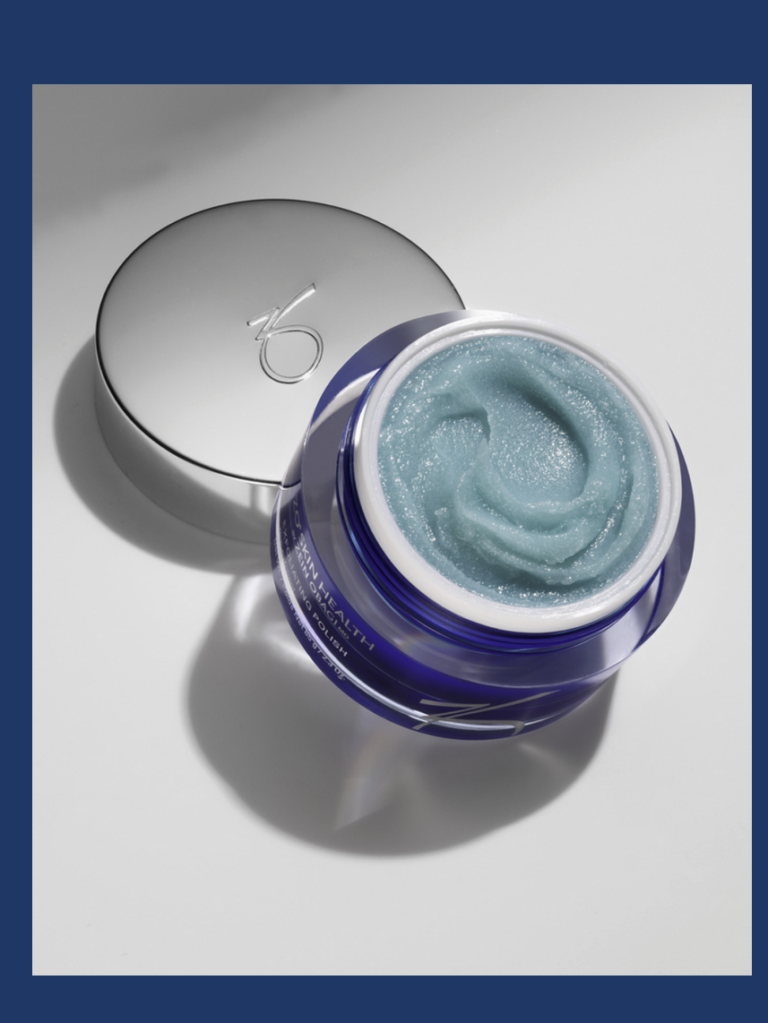Garlic: From Kitchen Favorite to Health Powerhouse—Does It Deliver?
Garlic, is a staple in most kitchens, transcends its culinary uses to emerge as a potent functional spice with significant health benefits. For centuries, garlic has been revered not just for its flavor but also for its therapeutic properties.
Modern science is now exploring its potential in various health domains, from boosting the immune system to managing cardiovascular risks. This post delves into the benefits of garlic supplementation and the current state of research surrounding its health impacts.
Nutrient-Rich and Functionally Potent
Garlic is packed with essential nutrients, including vitamins C and B6, manganese, and selenium, contributing to its classification as a functional food. Allicin is formed when garlic is chopped or crushed, and it is primarily responsible for its potent health effects. This sulfur-containing compound, along with other bioactive substances in garlic, has been the focus of numerous studies due to its antioxidant, anti-inflammatory, and possible lipid-lowering properties.

Cardiovascular Health and Lipid Management
The role of garlic in cardiovascular health is a major area of interest. Earlier studies suggested that garlic supplementation can lower or maintain healthy lipid profiles, which is crucial for heart health. However, more recent studies show no effect on lowering lipid profiles.
Antioxidant, Immune System and Anti-Inflammatory Powerhouse
One of the most celebrated benefits of garlic is its ability to combat oxidative stress and inflammation. Several double-blinded studies have shown that raw garlic can reduce oxidative stress markers linked to chronic diseases.

Garlic’s antioxidant properties help neutralize harmful free radicals, potentially lowering the risk of cellular damage and aging. Garlic is widely recognized for its immune-boosting capabilities. It has been shown to enhance the function of immune cells, including macrophages, lymphocytes, and natural killer cells. This enhancement can help the body fend off infections more effectively.
In vivo studies have indicated that garlic may act as a biofilm, protecting cells from bacterial and viral invasions. However, more research is needed to confirm these effects in human populations.
Potential in Diabetes Management
Garlic’s potential anti-diabetic effects are another exciting avenue of research. Some studies have indicated that garlic can significantly reduce the risk of diabetic complications, such as diabetic retinopathy, a condition that affects the eyes. While these findings are promising, more extensive and consistent research is necessary to establish garlic as a reliable adjunct in treating type 2 diabetes.
Safety and Precautions
While garlic offers a myriad of health benefits, it is not without potential adverse effects. High consumption of garlic can lead to gastrointestinal distress, including bloating and gas. One of the most critical considerations is the increased risk of bleeding, especially for individuals on blood-thinning medications. Therefore, it is crucial to consult with a healthcare provider before starting any garlic supplementation regimen. And I just have to say it again for those in the back: *high consumption of garlic increases your risk of bleeding *.
Conclusion
Garlic’s transition from a common kitchen ingredient to a subject of scientific inquiry highlights its potential for maintaining health. Its well-documented antioxidant, anti-inflammatory, and immune-enhancing properties make it a beneficial addition to any diet. However, like any supplement, garlic should be consumed with care. Consulting with a healthcare professional is crucial, especially for individuals with pre-existing conditions or those on medication. While garlic’s immune-boosting effects are promising, further research is needed to substantiate its broader health claims. This humble bulb might offer more than just flavor—it could be a key player in promoting overall well-being.
https://www.ncbi.nlm.nih.gov/pmc/articles/PMC7402177/#B79-antioxidants-09-00619
https://pubmed.ncbi.nlm.nih.gov/27915041
Gardner CD, Lawson LD, Block E, Chatterjee LM, Kiazand A, Balise RR, Kraemer HC. Effect of raw garlic vs commercial garlic supplements on plasma lipid concentrations in adults with moderate hypercholesterolemia: a randomized clinical trial. Arch Intern Med. 2007 Feb 26;167(4):346-53. doi: 10.1001/archinte.167.4.346. PMID: 17325296.
El-Saadony, M. T., Saad, A. M., Korma, S. A., Salem, H. M., Abd El-Mageed, T. A., Alkafaas, S. S., Elsalahaty, M. I., Elkafas, S. S., Mosa, W. F. A., Ahmed, A. E., Mathew, B. T., Albastaki, N. A., Alkuwaiti, A. A., El-Tarabily, M. K., AbuQamar, S. F., El-Tarabily, K. A., & Ibrahim, S. A. (2024). Garlic bioactive substances and their therapeutic applications for improving human health: a comprehensive review. Frontiers in Immunology, 15, 1277074-. https://doi.org/10.3389/fimmu.2024.1277074







